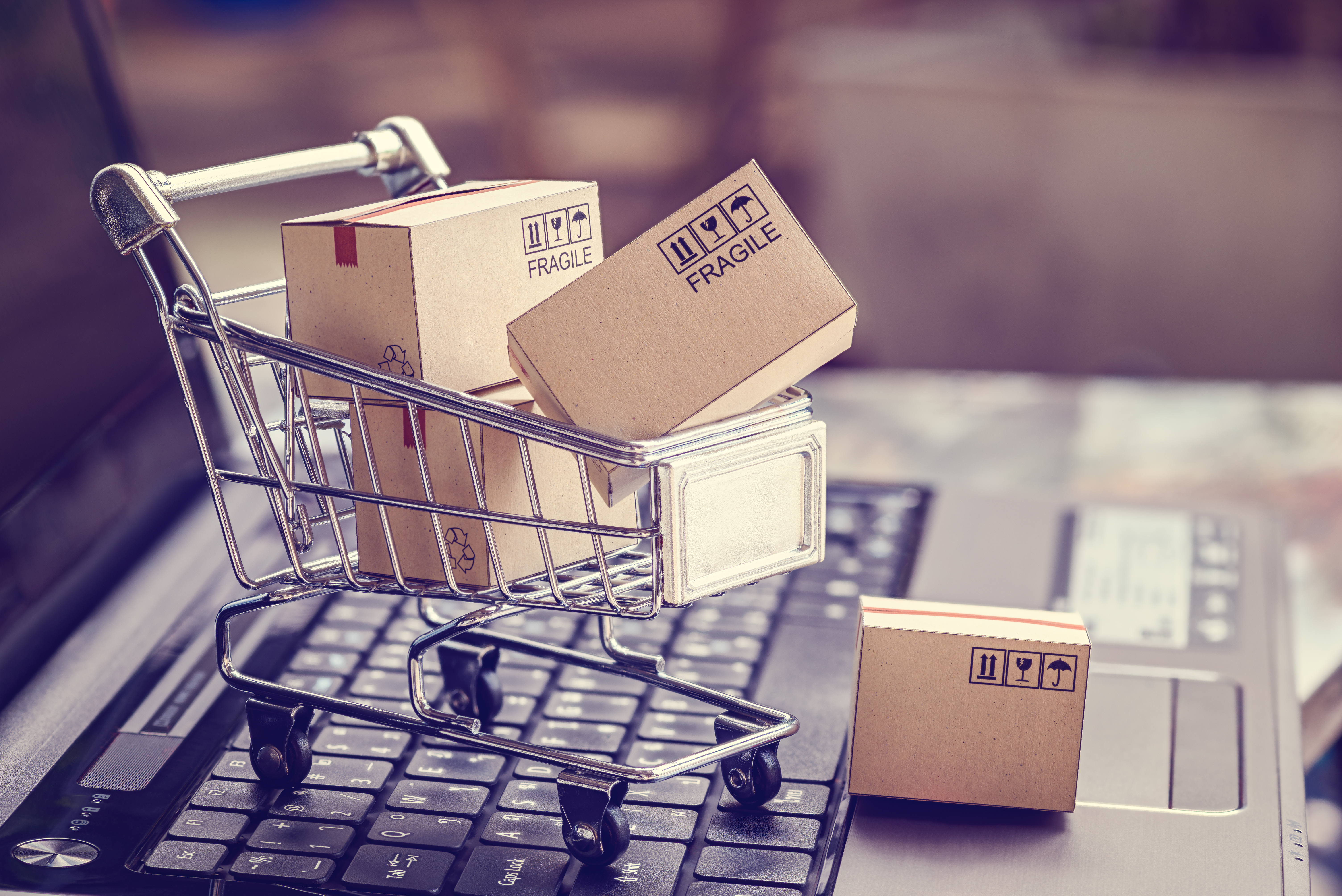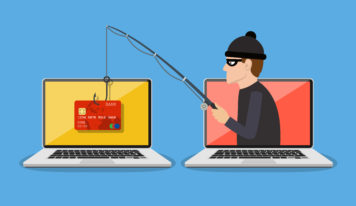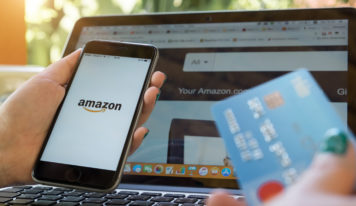The potential for confusion in the world of CBD products has increased right along with its popularity. There are too many people out there who are being taken advantage of by an onslaught of misleading advertising and marketing practices. In other words, folks are being mislead by some popular CBD scams. Here’s what you need to know before buying CBD oil online.
Whether you use a computer or your smartphone to do your shopping online, the sheer number of CBD products that are out there can be overwhelming. That’s the main reason why consumers need to educate themselves on a few simple, but very important, details that can help them avoid the typical pitfalls lurking within the CBD industry.
Don’t let the misleading marketing schemes or website copy fool you into buying inferior CBD products. Here’s what you need to know to avoid being swayed by misleading product information and sales scams.
CBD From Hemp Oil vs. “Hemp Seed Oil”
This is one of the most important things to know when it comes to purchasing CBD products. Clever marketing on the part of hemp seed oil manufacturers tend to mislead consumers into believing that their product has all the beneficial properties of CBD, but that’s simply not the case.
As you may or may not know, CBD is derived from the the cannabis plant, of which hemp and marijuana are both varieties of. Hemp-derived CBD is currently the only form that is legal in all 50 states. CBD is actually found in the roots and stems of the hemp plant, not the seed. Hemp oil also contains an vast array of plant terpenes, vitamins, and minerals, just like you would find in most leafy greens.
Unscrupulous hemp SEED oil vendors will use the term “hemp oil” to knowingly misrepresent their products as plant medicine miracles, but there’s absolutely no CBD in them whatsoever. That’s not to say that hemp seed oil is a bad thing, it’s actually quite tasty when drizzled on your salad or used as a moisturizing beauty product.
Be sure to read the label and make sure that you’re buying hemp oil that’s sourced from the stems and leaves, and lists the amount of CBD that it contains.
Beware of Large “Value Size” Bottles
As consumers, getting more bang for our buck is always foremost on our minds. However, a large bottle has absolutely nothing to do with the amount of CBD that’s in the product.
Terms like “high potency” or “the strongest” emblazoned all over the front of the product are merely catchphrases meant to get you to buy the product without looking at the fine print. These vague words are no in way regulated, and are in fact just a camouflaging the real truth: these companies are trying to hide the levels of CBD in their products.
Reputable CBD companies and vendors will tell you exactly how much CBD is present. It’s important to know how many milligrams of CBD are in not only the bottle, but in each individual serving, before making a purchasing decision.
Don’t Base Your Decision On Price Alone
Price is certainly a “pain point” that factors into most buying decisions. We want the best value for our dollars, but quality absolutely matters when it comes to CBD. You don’t want to be putting inferior, ineffective CBD into your system. It’s just a waste of money.
A rock-bottom price is usually an indication that there’s very little CBD to be had in the product – one of the common CBD scams companies use on Amazon to prey on first-time buyers. It could be diluted with significant amounts of coconut or olive oil as a filler. The only way to ensure that you’re getting the best CBD for the value is to compare the CBD per serving to the overall cost of the product. A little bit of simple math can actually save you a lot of money in the long run.
Check Milligrams Per Serving
Although everyone is unique in terms of their individual biochemistry, there’s no reason anyone should be buying a bottle of CBD extract that too little CBD in it. The whole point of CBD is to gain all the health benefits it’s known to treat.
For example, let’s take a typical 15ml (1/2 fluid ounce) bottle of CBD extract that has 250mg of CBD. That’s 16.66mg per ml, which is decent sized dose. Depending on the size of the dropper opening, a milliliter is about 10 drops.
Although it’s always best to start with a lower dose to find what’s ideal for you, you can always ingest less drops to start with.
Avoid Companies That Don’t Provide Third Party Testing
Reputable CBD companies place a high priority on transparency in their products. That’s why they routinely provide third party testing results that prove that the CBD levels listed on the label is actually what’s in the product. For example, if label says that the product has 500 milligrams of CBD, then the third-party test results will back up that claim.
Some companies will even take it a step further, and test every single batch that’s produced. That means you can match up the test results to the batch number you are purchasing.
Third party testing is also important when it comes to the levels of THC in the product. To comply with federal law, hemp-derived CBD must contain 0.3 percent or less of THC.
Another thing to consider is where the hemp is sourced. Quality hemp is organically grown without the use of chemicals, and testing analysis will not only show how much CBD is in the product, but it will also identify if there are any pesticides present.
Claims Too Good To Be True?
Avoid companies that promise their CBD product will “cure” conditions like cancer, epilepsy, dementia, depression, etc. Any product that claims to cure an ailment is considered a drug, and it has to undergo rigorous testing and approval by the FDA.
As it stands, CBD is a merely a dietary supplement, and although it has some potentially powerful healing benefits, no reputable CBD company wants to come under the scrutiny of the FDA. Therefore they’ll never make a medical claim related to its products.
Who Can You Trust?
Customer recommendations and reviews are one of the best ways to gauge the trustworthiness of a supplier and avoid scams when buying CBD oil online.
Third-party testing at the individual batch level is also a surefire way to know that you’re getting a quality product from a quality company. Companies that have something to hide will do exactly that. If they won’t even bother to post these test results on their website without you having to ask, then move on. There are plenty of companies out there, like old-timer Charlotte’s Web, or newcomer Bliss Herbal, who have no problem listing these results right alongside the description of their products.
In conclusion, there will always be unethical companies out there who won’t lose any sleep over how they turn a profit, but it’s up to you as a consumer to do a little bit of research before embarking on your CBD journey. Purchasing CBD products from a trusted source, and finding value for your dollars, isn’t as hard as it seems. There are always clues that will lead you in the right direction, many of which have already been outlined this article.




